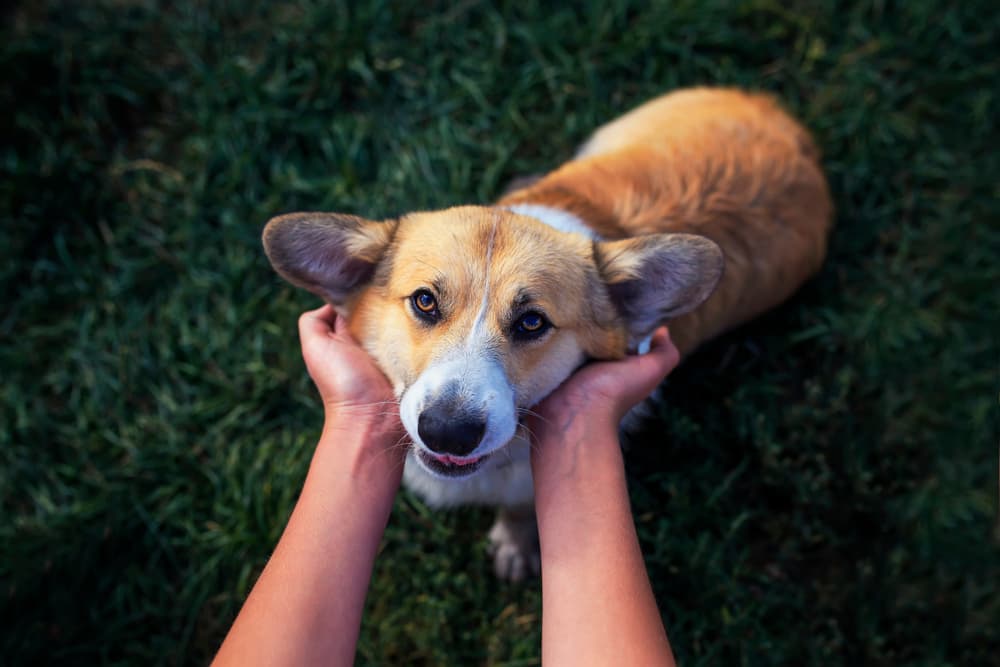Heart Murmurs in Cats
Published on July 11, 2011
Heart murmurs are detected when a veterinarian listens to a cat’s heart and hears a whooshing sound or other noise in addition to the heartbeat. It’s not always a reason for concern, but it can be. In cats, common causes include an overactive thyroid gland, high blood pressure, heart defects, and thickening of the heart muscle. If your cat has difficulty breathing, seems weak, loses weight, doesn’t want to eat, or suddenly collapses, he could have a heart condition. Treatments can include surgery or addressing any underlying issues that may be causing the murmur.
Overview
A heart murmur is an abnormal sound that a veterinarian hears when listening to a cat’s heart through a stethoscope. Normally, a veterinarian hears two sounds, a “lub” and a “dub,” which are the sounds of the heart valves closing as blood circulates through the heart. An additional “whooshing” sound or other noise, known as a heart murmur, is usually associated with a disturbance of the normally smooth flow of blood through the heart.
Veterinarians rank the intensity or loudness of a heart murmur in grades from one to six, with one being barely audible and six being the loudest. There is also a one-to-five ranking system that works the same way. These grades do not necessarily correlate with the severity of the heart condition; they are merely one of several ways that veterinarians attempt to characterize the murmur.
Though it’s not considered normal, a heart murmur is not always a cause for concern. It may, however, be an indication of a heart problem. Depending on your cat’s condition, the veterinarian may want to perform additional diagnostic tests to determine the cause of the murmur.
Symptoms and Identification
Heart murmurs are caused by any number of conditions that can create turbulence in the flow of blood through the heart. In cats, common causes for heart murmurs include:
- Hyperthyroidism (an excess of thyroid hormone)
- High blood pressure
- Hypertrophic cardiomyopathy (thickening of the heart muscle walls)
- Heart valve deficiencies or blockages
- Defects in the heart walls
- Blood clots within the heart
- Heartworm disease (rare)
- Anemia
- Severe dehydration
Occasionally, a veterinarian may detect a heart murmur in a young kitten. Though this may indicate the presence of a congenital heart condition (a defect the kitten was born with), in many cases it is what is called an innocent murmur, meaning that it is not related to a heart problem. These murmurs usually disappear by the time the animal is about 4 months of age. If a murmur does not resolve, your veterinarian may recommend diagnostic testing to investigate it further.
Not all cats with a heart condition show outward signs. However, if you have been told that your cat has a heart murmur, you should watch for signs such as:
- Difficult or rapid breathing
- Congestion or “noisy” breathing
- Loss of appetite
- Unexplained weight loss
- Weakness or lethargy (tiredness)
- Collapse
If your cat shows signs of open-mouth breathing or panting, gray or blue gums or tongue, or leg paralysis, seek veterinary help immediately.
To determine the cause of a heart murmur, your veterinarian may recommend a number of tests, such as:
- Blood tests, including thyroid and heartworm tests
- Chest radiographs (X-rays) to assess the heart, blood vessels, and lungs
- An electrocardiogram (ECG)
- An echocardiogram (an ultrasound exam to evaluate heart structure and function)
- Blood pressure tests
Treatment
Treatment depends on the cause of the heart murmur and your cat’s condition. If your cat is not showing signs of heart disease other than the murmur, your veterinarian may choose to monitor your cat and provide treatment only if signs occur.
In some cases, such as when heart murmurs are caused by hyperthyroidism, anemia, or dehydration, treatment of those conditions may resolve the heart murmur completely. If the murmur is caused by a congenital condition, surgery may be recommended. In other cases, the heart murmur may remain, but medications can help make your cat more comfortable and improve your pet’s longevity.
This article has been reviewed by a Veterinarian.


